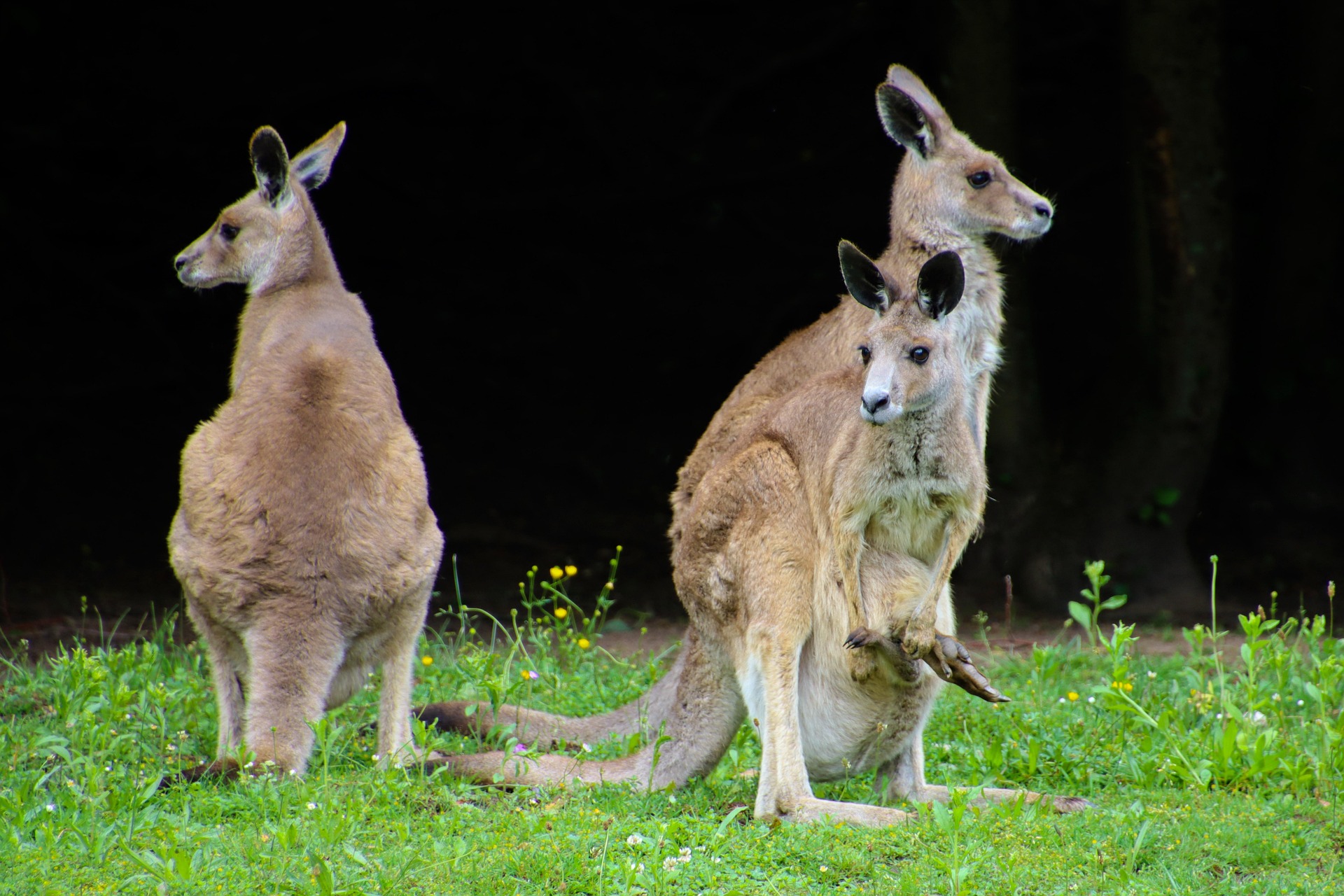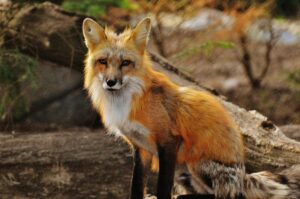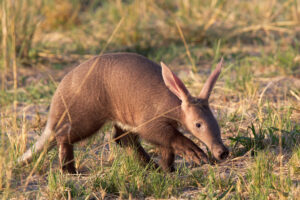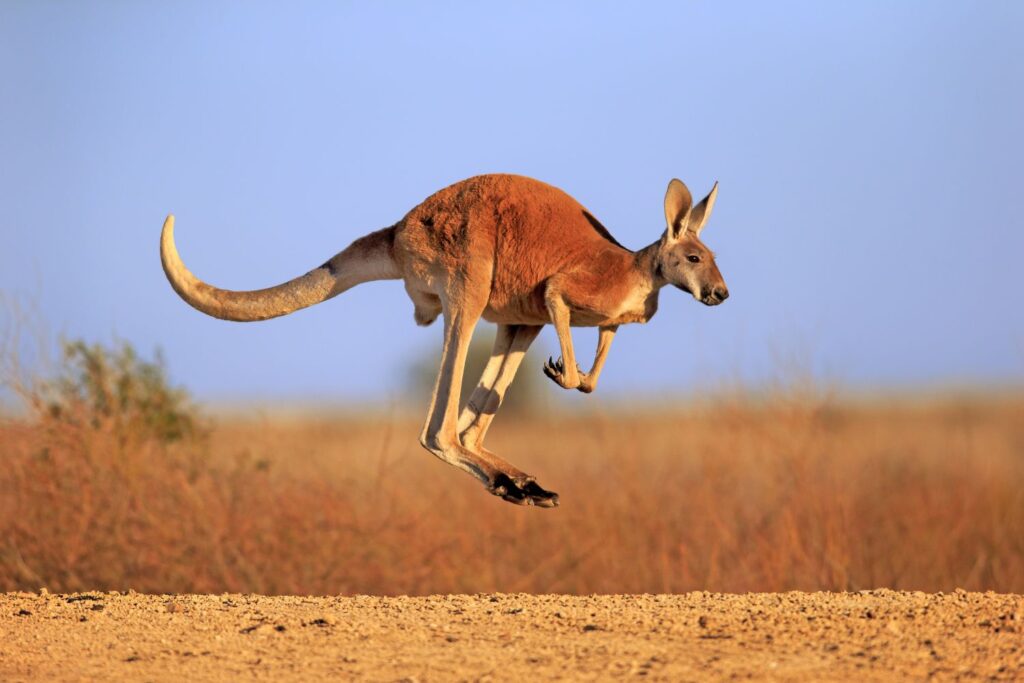
Kangaroos are iconic, fascinating animals known for their powerful legs and distinctive hopping. While they are often associated with the wild, some people may choose to care for a kangaroo as a pet or in a wildlife sanctuary. If you’re considering taking on the responsibility of caring for a kangaroo, here are essential tips to ensure your kangaroo thrives in a domestic or sanctuary setting.
Provide a Spacious Environment
Kangaroos are large animals that need plenty of space to roam. A small yard or confined space just won’t cut it! Whether you have one kangaroo or more, they need an area with plenty of open ground to hop around and explore. Ideally, a kangaroo should have at least an acre of land, fully enclosed with a high fence (at least 5-6 feet) to keep them safe and secure. A natural habitat-like environment with grass and shrubs mimics their wild terrain and allows them to exhibit natural behaviors.
Offer a Balanced Diet
Kangaroos are herbivores and feed primarily on grasses, leaves, and shrubs. Here’s a breakdown of what you should feed them:
The foundation of their diet, so make sure they have access to plenty of fresh, high-quality grass.
Supplement their diet with leafy vegetables such as kale, spinach, and dandelion greens.
Offering high-fiber hay (like meadow hay) can be beneficial, especially during colder months.
Kangaroos need access to clean, fresh water at all times. Ensure their water is replenished daily.
Avoid feeding them processed foods or anything that’s high in sugar or fat, as this can cause health problems.
Provide Proper Shelter
While kangaroos are used to the outdoors, they do need a shelter to protect them from extreme weather conditions. If you’re keeping a kangaroo in an area that experiences cold or rainy weather, make sure they have access to a simple, sturdy shelter where they can stay warm
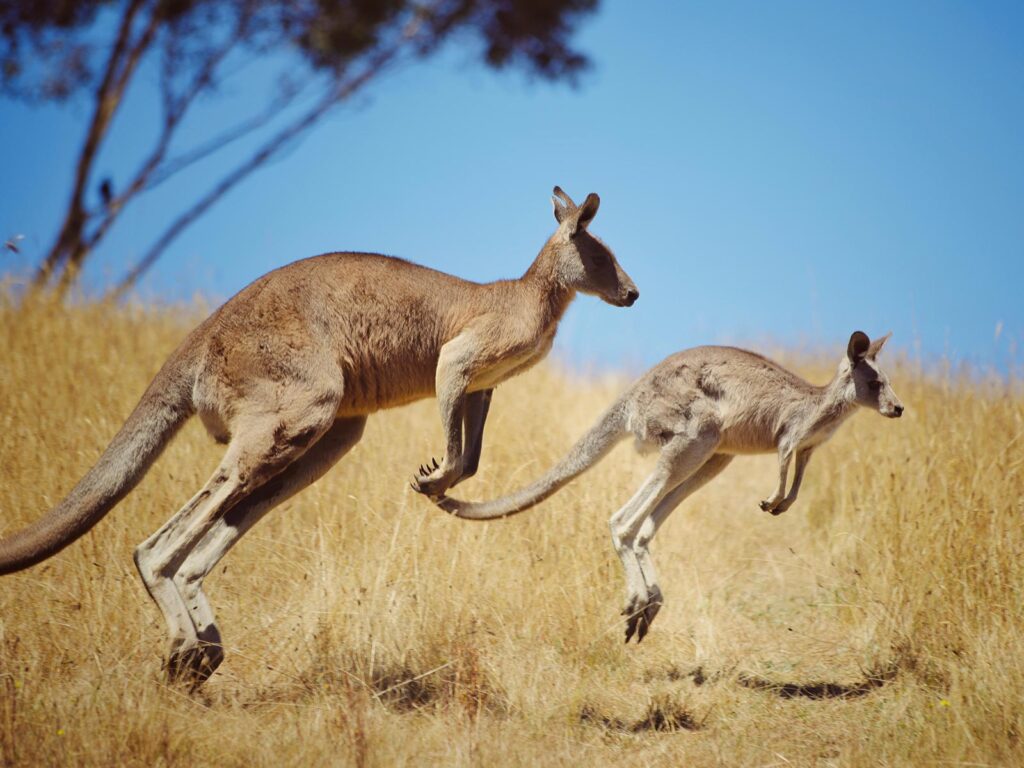
and dry. A simple barn or large shed will suffice, as long as it provides enough space for them to move around.
Exercise and Mental Stimulation
Kangaroos are highly active creatures that need regular exercise to stay fit and healthy. If you’re keeping a kangaroo in captivity, make sure they have plenty of room to hop around, jump, and explore. Providing them with enrichment activities like natural obstacles, hiding food, or giving them time to graze is essential for mental stimulation. This helps prevent boredom and behavioral issues.
Additionally, having a companion kangaroo or other similar species can offer social interaction, which is important for their well-being.
Health and Veterinary Care
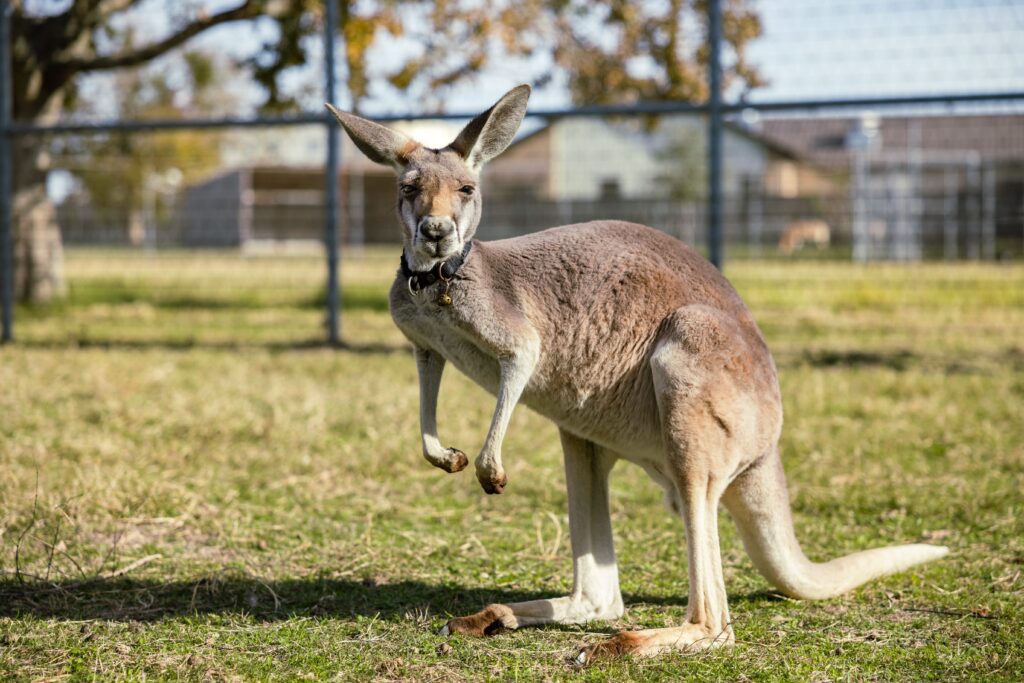
Regular health checks are vital for kangaroos, especially since they are not typically domesticated animals. A kangaroo’s diet and exercise can impact its overall health, so monitoring their weight, coat condition, and behavior is essential.
Kangaroos are prone to some health issues, such as parasites and digestive problems, so regular veterinary visits are a must. Make sure you find a vet with experience in caring for exotic animals or wildlife, as they’ll be familiar with kangaroo-specific health needs.
Socialization and Companionship
Kangaroos are social creatures, often living in groups in the wild. If you’re keeping a kangaroo alone, it’s essential to interact with them regularly to prevent loneliness and stress. However, if possible, having at least one other kangaroo (or compatible species) will help satisfy their social needs and reduce anxiety. Be prepared for the possibility of caring for more than one kangaroo if you want them to thrive socially.
Conclusion: Caring for Your Kangaroo
Caring for a kangaroo is a big responsibility, but with the right environment, diet, and attention, you can help your kangaroo live a happy and healthy life. Whether you’re keeping one as a pet or are responsible for a sanctuary, it’s crucial to give them the space, nutrition, and social interaction they need. Kangaroos are intelligent, curious, and lovable animals that, when properly cared for, can become great companions.

